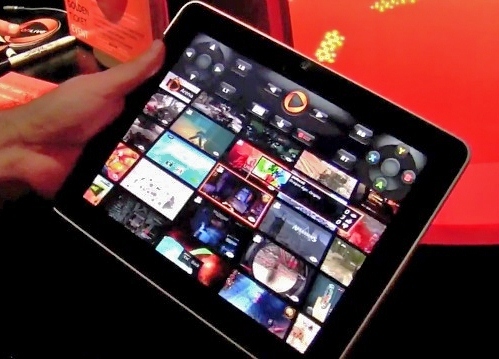Last night, OnLive players received the opportunity to play the Lego: Harry Potter Years 1-4 video game on its service at midnight Eastern Time, several hours before retail stores opened to sell the game on physical disc format for consoles and PC. Gamers logged into the OnLive service last night and were able to stream the game directly to their devices without the need to walk into a physical store or download a very large multi-gigabyte setup file from a digital content distribution server. The success of last night’s launch marks the first time in history where a new title has been released via cloud-based service at the same time as its debut in stores.

Steve Perlman, CEO of OnLive, says this kind of release will eventually become the norm as game publishers embrace digital distribution customers at the same time they serve traditional retail customers. The company commemorated the event by staging a contest where the first person to completely finish Lego: Harry Potter Years 1-4 using the OnLive service will win an iPad. In addition, the next five OnLive members to complete the game will win a third-generation iPod touch.
The contest rules don’t end there, however. The six winning entrants will need to take an OnLive Brag Clip™ showing collection of all 200 Gold Bricks in the game and must reach the final bonus level. Specifically, the winning Brag Clip videos must show that gamers have collected all 200 Gold Bricks in the game and have become Lord Voldemort in the final bonus level. The six winning entrants must also send an email to OnLive with their Player Tag (associated with the Brag Clip video of the game completion screen), First Name/Last name, Address, Telephone Number and Date of Birth in the body of the email as soon as the game has been completed.
Best of all, Perlman noted that because the games are stored on the company’s cloud servers and streamed to its users, there is no way for anyone to cheat. We have a feeling that this cloud-based Software as a Service (SaaS) gaming model will be an interesting trend to follow in the next few months, particularly during launch events where retail markets quickly sell out physical copies of games during the first few days of release. VentureBeat journalist Dean Takahashi noted that in contrast to OnLive’s release model, movie studios still release their DVD movies weeks and even months after films are available in theaters. As any analyst knows, the first week of a product’s success can often predict its demand the following week if that product is in short supply. In a world where gamers and enthusiasts battle uphill for the limited supply of new games and console releases (see: Xbox 360 Slim launch) with extremely high demand, OnLive’s release model could prove to be a promising virtual alternative.





